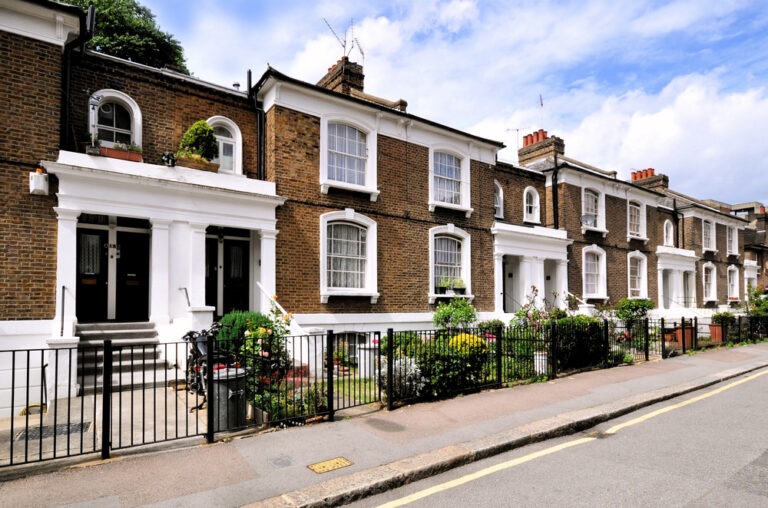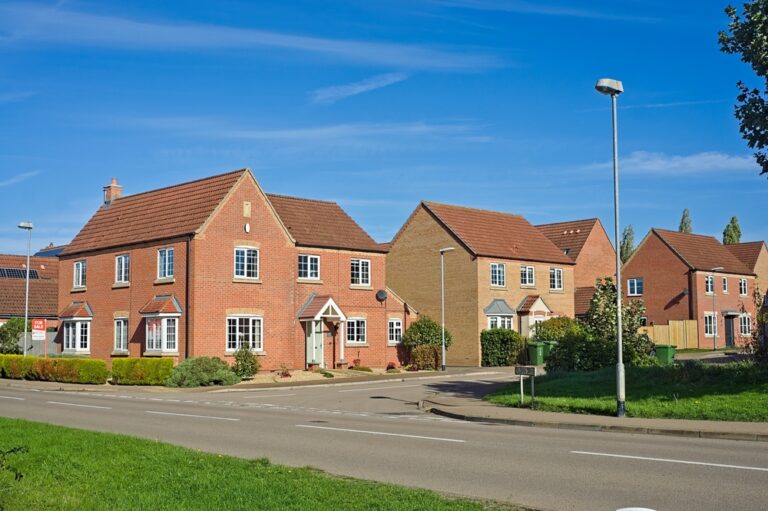Conveyancing is an important part of the buying and selling process.
Solicitors or licensed conveyancers look after all the legal aspects of your move, conducting local area searches and filing important documentation. As well as this, they’ll manage the transfer of funds when you come to exchange and complete on your sale.
However, their role doesn’t stop there. In this guide, you’ll learn everything you need to know about the conveyancing process in England, including costs and tips on how to keep everything on track.
For help with finding a solicitor to manage your sale, get in touch with the Ellis and Co.
What exactly does a solicitor do?
It’s a solicitor or licensed conveyancer who ultimately looks after the legal rights of buyers and sellers during a property sale. Here is a rundown of what this involves.
Open a file of paperwork
When you buy or sell a house, there’s lots of crucial documentation involved, which your solicitor will compile in a file. This includes:
- Your identification (e.g., a copy of your passport or drivers’ licence)
- Proof of your current address
- Your bank details
- Details of the property you’re buying or selling
- Your estate agent’s details
- Your mortgage lender’s details copy of any mortgage offer.
- If buying, details of your deposit
- Details of the conveyancer’s terms and fees
Complete forms and other documentation
Your solicitor works alongside the buyer’s or seller’s solicitor to draft the contracts needed to complete your sale.
The seller’s solicitor sends over the title deeds of the property to the buyer’s conveyancer and requests the completion of the following forms:
- The TA6 property information form, including property details, neighbour disputes, and completed building work
- The TA10 fixtures and fittings form, listing what’s included in the sale
- The TA7 leasehold information form, explaining ground rents and service charges
Each solicitor will work to resolve queries about paperwork and local search results.
Make property title checks
If you’re buying…
Your solicitor will find out whether the property you’re purchasing is freehold or leasehold. Freehold ownership means you own both the building and the land it stands on; a leasehold ownership means that you own the property, according to the terms of the lease agreement, but not the land itself.
If you’re buying a leasehold property, the process can be more complex, so the conveyancing process may take longer and be more expensive.
If you’re selling…
Your solicitor will review the title deeds for the property you’re selling and, if needed, the one you’re buying too.
Perform local searches
Local searches help to draw attention to any issues related to the property or its surroundings, which will help you make an informed decision about whether to proceed with the sale.
These include:
- Local authority searches: These reveal information such as planning permissions, restrictions, and road maintenance responsibilities.
- Land Registry searches: These confirm the ownership of the property you’re buying.
- Environmental searches: These determine if the property is situated on contaminated land or potentially unstable ground, like a former landfill site.
- Water authority searches: These highlight any public drains affecting the property.
- Chancel repair searches: These identify if the property carries the responsibility of repairing local churches.
Normally, local searches take about two to three weeks to complete. That said, this may differ between local authorities. Some local searches are needed by law, while others may be requested by your mortgage provider.
Exchange and completion
Once the contracts are fully drafted, the buyer’s and seller’s conveyancers will agree exchange and completion dates. This normally happens over the phone and makes the sale legally binding. At this stage, the seller’s solicitor will request a deposit from the buyer’s solicitor.
Upon completion, both solicitor will handle the transfer of funds from the buyer to the seller. The keys to the property will be released once the funds have cleared.
How long does conveyancing take?
Although this depends on the complexity of the sale, conveyancing should take between eight and 12 weeks to complete. Delays normally arise due to missed paperwork, mortgage valuations, leasehold complications, and a long chain of transactions.
How to speed up conveyancing?
Instructing a solicitor early on in your buying or selling journey will help to speed things up. Our branches can put you in touch with recommended solicitors in your area.
As well as this, there are other things you can do to speed up conveyancing, including:
- Supply any required documentation promptly.
- Respond quickly to requests.
- Keep in touch with your conveyancer regularly.
For help with finding a solicitor to manage your sale, speak to your local branch.








